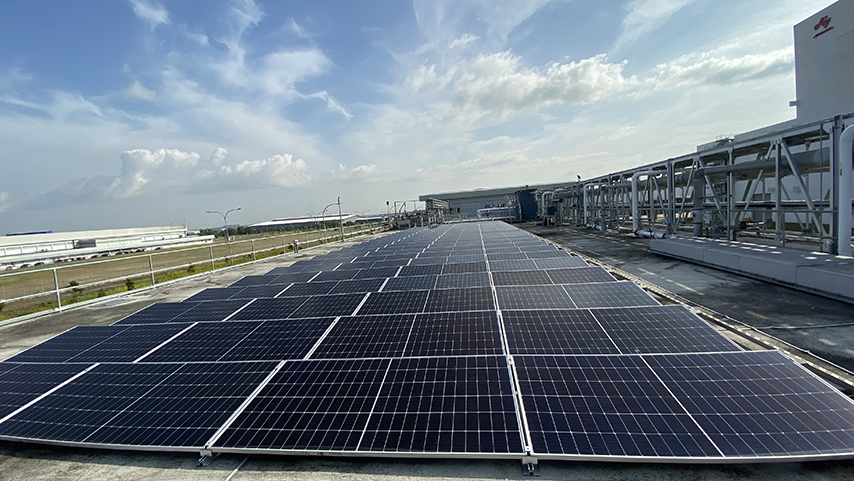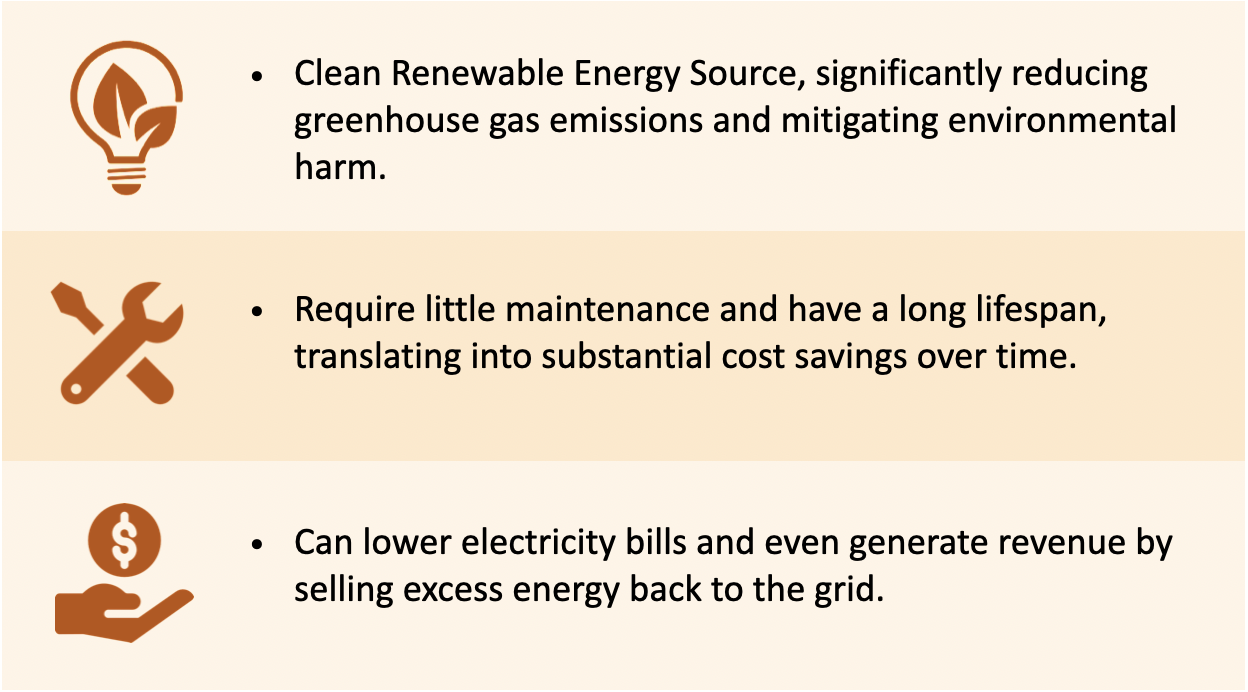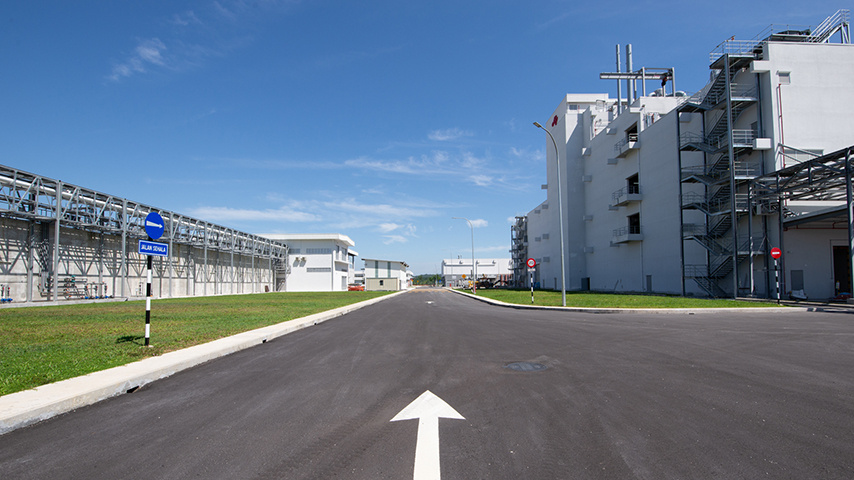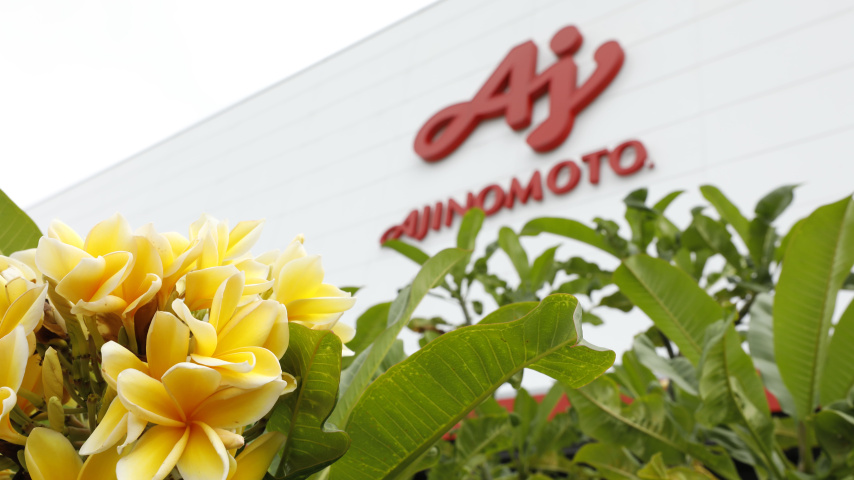Environmental Responsibility through Solar Energy Efficiency

Solar power stands out as a potential solution for Malaysia for greener and more environmentally friendly energy sources. However, like any transformative technology, solar energy adoption in Malaysia comes with practical drawbacks that need to be addressed to make it a viable option.
Solar Panel Efficiency
Solar panel efficiency refers to the ability of a solar panel to convert sunlight into electricity effectively. It's a critical metric because it determines how much electricity a solar panel can generate from a given amount of sunlight.
Efficiency is typically measured as a percentage, representing the ratio of electricity produced compared to the amount of sunlight hitting the panel.
Several factors influence solar energy efficiency, including the quality of materials used, the design of the panel, and environmental conditions like temperature and shading. It's important to note that efficiency can vary among different types and brands.
Benefits and Drawbacks of Solar Energy
Solar energy offers numerous benefits, making it an increasingly attractive choice for homeowners and businesses alike.

However, there are drawbacks to consider.
- Solar energy generation is dependent on sunlight, making it less reliable on cloudy or rainy days.
- The upfront cost of solar panel installation can also be a barrier, although it has been decreasing over the years.
Whether solar energy systems are a good investment depends on factors like location, energy consumption, and available incentives. Speaking of incentives, the Malaysian government often offer renewable energy incentives such as tax credits, rebates, and financing to encourage solar adoption.
Ajinomoto Malaysia's Commitment to the Environmental Sustainability

Ajinomoto Malaysia commitment to environmental sustainability is prominently showcased in its new Banda Enstek factory. By incorporating solar panels for renewable energy generation, they have demonstrated a steadfast dedication to reducing CO2 emissions.
This environmentally conscious approach has resulted in their factory achieving the Silver Standard of Green Building Index and ISO 14001 certification, reflecting their commitment to eco-friendly practices.
Moreover, their ambitious target of reducing CO2 emissions by 50% underscores their proactive role in preserving natural resources, minimising pollution, and reducing their carbon footprint while contributing to a greener and more sustainable future.


